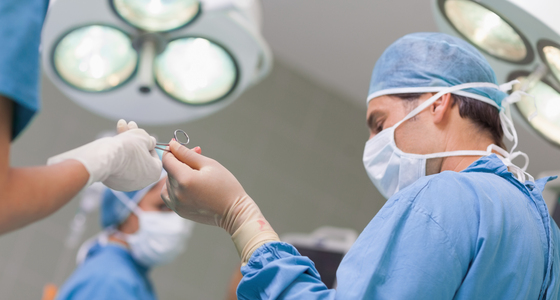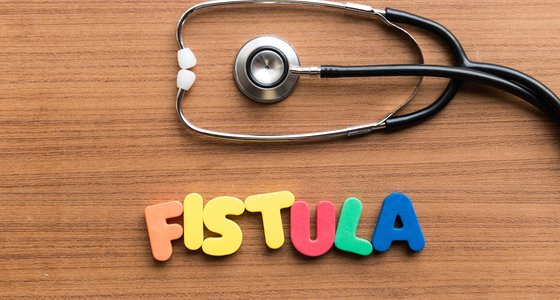In this article we take a look at what to expect when you are recovering from anal fistula surgery.
Most anal fistula surgery is done as an outpatient (a day case where you don’t need to stay overnight), or in the cases of more complex fistulas you may be required to stay for one night.
After the surgery, you will need to be monitored to ensure there are no immediate complications. Once the anaesthesia has worn off, you will be allowed to move around and eat and drink as usual and then go home. You may be required to have someone to stay with you for 24 hours after your surgery if you aren’t staying overnight.
After you have left hospital you will need to be able to look after the wound to ensure it heals well and you don’t experience an infection.
When you leave hospital you may have a surgical dressing on the wound. You may be asked to change this regularly, often daily, and you will be shown how to do this yourself. In some cases you will be asked to remove this dressing in the bath the day after the surgery and another dressing may not be required. Your doctor will give you information on what to do.
Sometimes you will need to visit the hospital or GP to get the wound checked or the dressing changed for you. You may also be asked to ‘digitate’ the wound. This is where you move a finger along the wound to prevent the top layer of skin healing too quickly and can help to prevent the fistula from coming back. If you don’t feel comfortable doing this then you should let your doctor know and they may be able to arrange for someone to do it for you.
It’s likely there will be some bleeding or discharge from the wound for a few weeks, particularly if you have had a seton inserted. Using a sanitary towel, which you change regularly, can help to stop any discharge going onto your clothes. If you experience heavy bleeding or discharge, increasing pain, or redness/swelling around the wound you should talk to your doctor.
You should also avoid wearing tight clothing and try to wear underwear that is made from a breathable fabric
Hygiene
Maintaining good hygiene after anal fistula surgery is really important. It’s been found that inadequate hygiene is a significant risk factor for complications and recurrence of the fistula1.
Some tips for washing the wound include:
After anal fistula surgery, it's common to experience pain and discomfort around the surgical site. While this pain is normal and expected, it can be challenging to manage.
Types of pain after anal fistula surgery
After anal fistula surgery you may experience different types of pain, including:
Managing post-operative pain
There are several things you can do to manage post-operative pain after anal fistula surgery:
When to seek medical attention
While some pain after anal fistula surgery is normal, there are certain symptoms that may indicate a complication or infection. If you experience any of the following symptoms, you should seek medical attention:
After having anal fistula surgery, your doctor may prescribe medications to help manage your pain, prevent infection, and promote healing. Some of the medications you may be given after anal fistula surgery include:
It's important to follow your doctor's instructions carefully when taking medications after anal fistula surgery. Be sure to take all medications as directed, and report any side effects or concerns to your doctor right away. In addition to medications, there are other steps you can take to promote healing after anal fistula surgery, such as maintaining good hygiene, eating a healthy diet, and avoiding strenuous activity. With proper care, you can recover fully from anal fistula surgery and return to your normal activities.
It's important to rest and take care of yourself after anal fistula surgery to ensure proper healing and minimise the risk of complications.
Take Time Off Work
After anal fistula surgery, it's important to take some time off work to rest and recover. The amount of time you need will depend on the extent of the surgery and your individual healing process. Your healthcare provider will provide you with specific instructions regarding how long to take off work and what activities you should avoid during your recovery period.
Get Plenty of Rest
Rest is critical for proper healing after anal fistula surgery. It's important to avoid strenuous activities, including exercise and heavy lifting, for at least a few days after surgery. You may also need to avoid sitting for long periods of time or engaging in activities that put pressure on the area around the anus. Your healthcare provider may recommend that you rest in bed for the first few days after surgery and gradually increase your activity level as you heal.
Recovering from anal fistula surgery can be a slow process, but with proper care and patience, most people are able to return to their normal activities within two weeks2, 3 .
You will likely have a follow-up appointment around four to eight weeks after your surgery. You should make sure you attend this as anal fistulas can be difficult to treat and heal.
References
Other sources used
https://www.guysandstthomas.nhs.uk/health-information/anal-fistula-treatment/recovery

